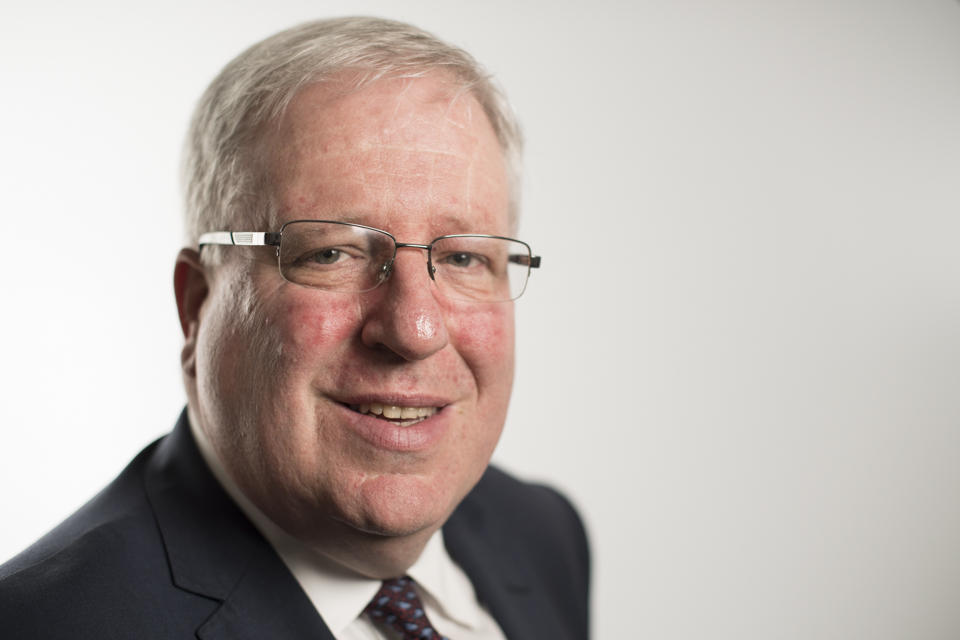Ambition and opportunity: Rail Industry Day 2014
Outlines our plans for improving and expanding Britain’s railways.

Ladies and gentlemen - welcome to the QEII centre and Rail Industry Day 2014.
I’d particularly like to extend a warm welcome to colleagues who have joined us from overseas.
You will be hearing a lot of the detail behind our plans for improving and expanding Britain’s railways over the next few hours.
So I thought I would start with the big picture.
We are here today (9 April 2014) because we are ambitious for Britain’s railways and the rail industry.
Over the past 20 years they’ve been a major success story.
But we all know our railways can and must improve further.
They will need carry more people and more freight.
They will need to become more punctual and reliable.
And they will need to continue to build on their excellent safety record.
Doing so requires a long term commitment to investment.
That’s why we are backing Britain’s railways with £38 billion through control period 5.
It will fund projects across the whole of the UK to give us the modern, efficient railways that we need to compete.
We are also going to build High Speed 2.
The first north-south line for a century.
Our ambition for Britain to have world-class railways.
Will generate huge opportunities for your businesses to grow further.
To compete both here and overseas.
And to create and sustain thousands of jobs.
All of which will boost the economy.
We’re not just investing in the infrastructure.
We’re also investing to help people get the skills the industry needs.
For example, Crossrail’s Tunnelling and Underground Construction Academy is already training people like Rudy Nieddu.
He’d previously been self-employed as an electrical labourer.
But there were times when the work just wasn’t there and he didn’t get paid.
He’s now undertaking his apprenticeship with BBMV building Whitechapel station.
Providing Rudy with a secure income and a skilled job.
And BBMV with an enthusiastic and highly skilled employee.
HS2 will see the creation of the first new further education college for 2 decades.
Supplying the additional skilled professionals required to make HS2 a success.
Our ambitious rail programme is also attracting new inward investment.
From companies like Hitachi, which is moving their global rail business to the UK.
Joining big manufacturers like Alstom, Bombardier and the many others who are already based in Great Britain.
Hitachi plan to double the size of their business and to sell more here and export abroad.
It’s a real vote of confidence in engineering and manufacturing in Britain.
The investment along will create almost 2000 jobs in the north-east.
But it also means there are even more opportunities for the UK supply chain.
So our rail programme is not only good for people who use the railway, it’s good for the health of the economy too.
Finally, I’d just like to say a brief word about the new Rail Executive.
Because it’s not just about the size of the investment we are making in Britain’s railways.
It’s also about getting much better value-for-money.
So we are changing the way we operate. Clare will provide more of the detail.
But the headline is this change will help strengthen our focus on passengers.
It will build commercial expertise and innovation.
It will ensure greater coordination of improvements to track and trains.
And it will increase the department’s capability and the commercial experience of the management team.
In conclusion, we are putting record amounts of government funding into our railways over the next 5 years.
And we are building High Speed Two.
They are an investment that is central to our long term economic plan.
Because faster journeys, greater comfort and better punctuality for passengers generates growth, creates jobs and boosts business.
You have a great day ahead of you.
I hope you enjoy it.
And thank you all for coming.